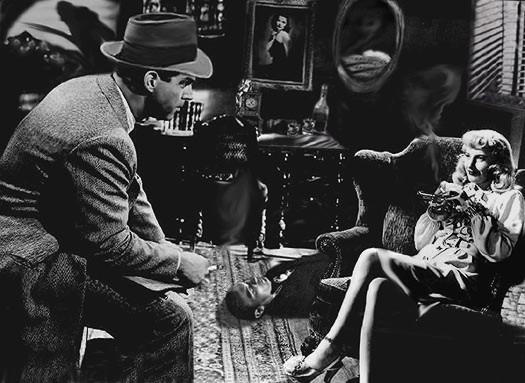Doesn't come anywhere near The Piano in terms of its ability to surprise, amaze, transform. Still, it's the best film I've seen at the London Film Festival 2009 so far. [Aside: the Festival trailer of pasty British faces staring awestruck into flickering projection light accompanied by an abominable sound track is even worse than last year's. It's a disgrace and insult to both the filmmakers and the audience.] Bright Star is beautiful to look at (though one too many scenes with flower picking for me), perfectly cast and exquisitely directed. But what saved it from being a superior BBC-type creation were two things: on a minor scale, the glorification of Fanny's incredible skill at sewing, raising consciousness about "women's work" being its own kind of poetry. This reclaiming and empowering of the denigrated pastimes of women is very much in the zeitgeist, as periodically occurs, but just for how long this time we'll see. Indeed, the clothes designer deserves an Oscar. More significantly, but somehow connected to the artistry of the practice of sewing, was how Campion managed to show the commonplace nature of Fanny Brawne and John Keats' youthful love, even against the backdrop of the creation of some of the greatest poetry in the English language. The film, through its meticulous attention to detail and daily routine, lent to the whole idea of "greatness" a random, even trivial element that is usually absent from any biopic. A remarkable feat. I did regret, however, at the very end of the film when the postscript appears describing what became of Fanny, Campion chose to leave her wandering mournfully about Hampstead Heath instead of telling us that she went on to marry someone else and have a very full and interesting life. This omission in my opinion was a serious mistake and served to undermine the great strength of her film: the wondrous banality of true love and how it actually resists Romantic convention.

On the issue of Fanny's life, I found myself wondering what a movie of her life after this affair might have been. The wonderful focus on her fashion sense and abilities reminded me of Coco Before Chanel, which also could have been more satisfying without that implication that the importance of a woman's work is secondary to a successful love life.
ReplyDeleteI did find Bright Star to be only a slight variation on the Victorian garden blueprint. Young girl (check), star-crossed lovers (yes), sunny English days (check, with enough timely rain for pneumonia) etc. I adored Angel at My Table and have ever since waited in vain for a comeback. I can forgive the schlocky, over-heated confusion of The Piano - Campion dared to do it - but where's the challenge in making Bright Star.
Last night in my poetry class I overheard a conversation about Bright Star between two English people. It went something like this.
ReplyDelete"What did you think of Bright Star?"
"No, no, she, Campion, she missed the point entirely." The speaker's voice lowers. "She has a colonial perspective, you see, and so just doesn't get how class really works."
Being of colonial extraction myself, I missed this flaw, but was too shy to ask the speaker for further enlightenment and now the poetry class has ended and I've missed my chance!